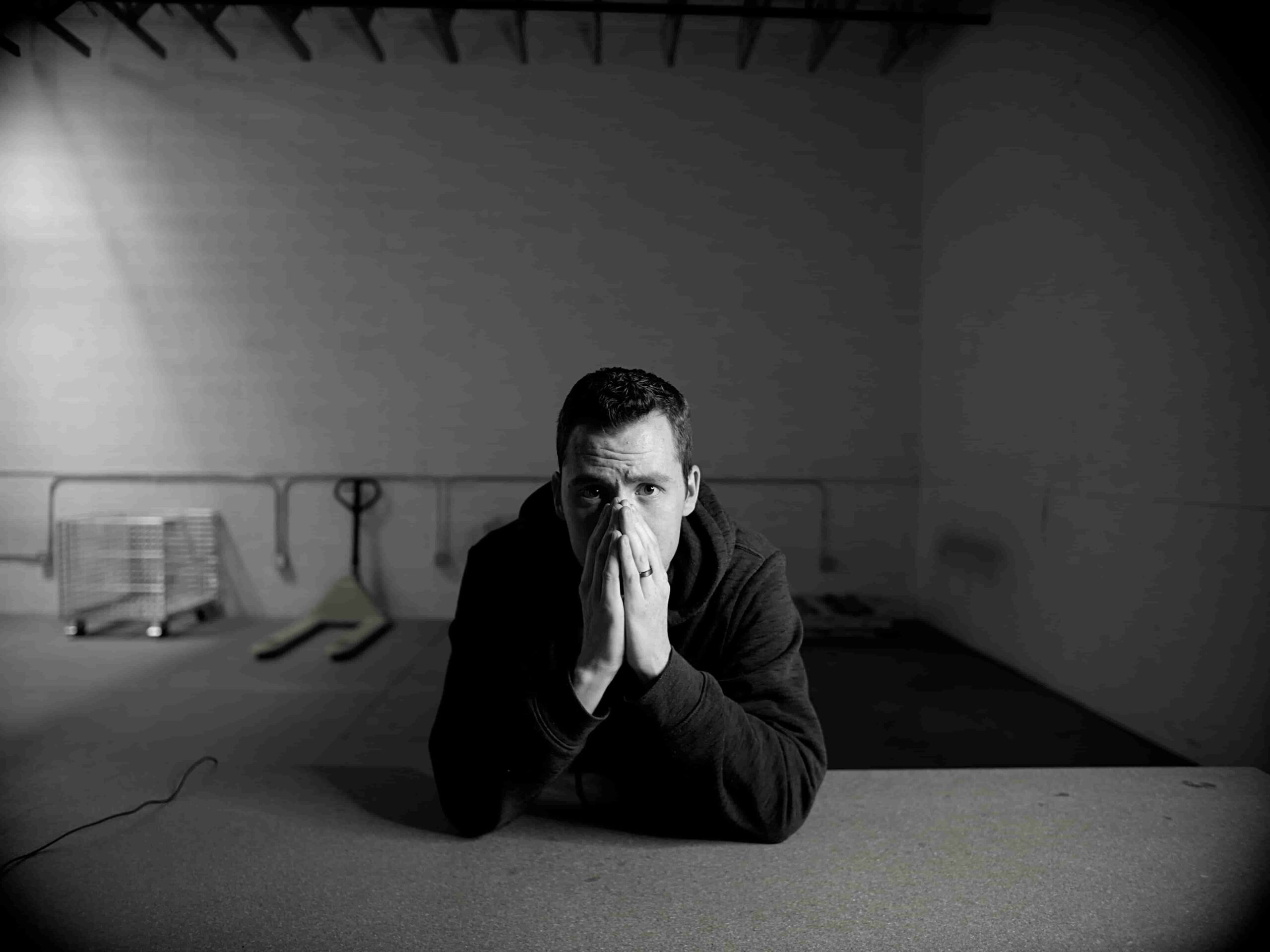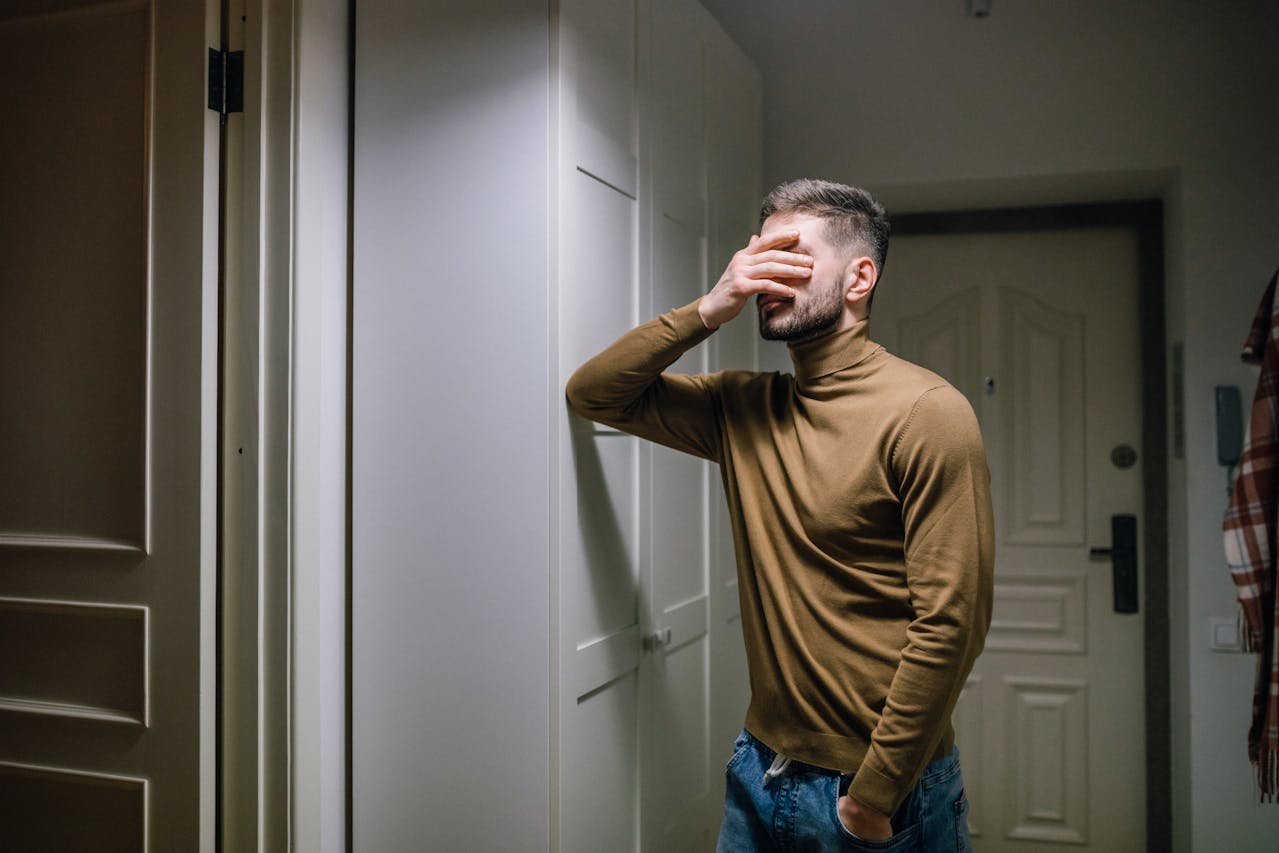Recently, I’ve had a handful of clients who told me some version of the following: “My friend forwarded me an article about high functioning anxiety. It sounded exactly like me.”
This piqued my curiosity. 25 years of experience in psychology has familiarized me with the fact that there are waves of symptom clusters that mysteriously find their way through my front door. So too, there are catchphrases that suddenly burst into popular usage.
Is the phrase “high functioning anxiety” this years “gaslighting” I wondered? For those of you who don’t get this allusion, suddenly in 2019 it became common to mention some “narcissist” that was “gaslighting” you. As it turns out YouTube videos and blog posts about this topic multiplied exponentially, and it seemed the phrase was going viral.
The 3 clients who said the phrase “high funtioning anxiety” are all in their late 20s. So I decided to fire up the old internet and see what hip things I could learn from the kids.
What High Functioning Anxiety Looks Like?
Hunting around on the web, I found descriptions on many websites and blogs who seems to cater to millenials. As best I can gather, the phrase seems to be a way to shorthand to another person that you suffer with powerful anxiety symptoms. However, those anxiety symptoms have never caused you to be hospitalized, nor have they stopped you from meeting your educational or career goals.
But given those caveats, you might still suffer from:
- Worry
- Tension
- Insecurity
- Perfectionism
- Fear of saying “no”
- Have to work hard to stay calm
Many of the articles I read described something that sounds fairly similar to Generalized Anxiety Disorder.
High Functioning Anxiety vs GAD
Generalized Anxiety Disorder is a commonly diagnosed anxiety disorder. In any given year in the U.S., 3% of our population is given this mental health diagnosis. And these two terms seem to overlap.
Patients who struggle with Generalized Anxiety Disorder (GAD), often face the following difficulties:
- Worry that is overblown- and hard to stop
- Over estimating risk
- Poor concentration
- Feeling “on edge”
- Sleep problems
- Somatic problems like nausea, headaches, IBS etc.
High Functioning anxiety is not a formal diagnosis. Instead, it’s just a popular way of describing someone who suffers from anxiety symptoms, but still manages to be successful in many ways. Typically, in mental health, we would refer to someone as “socially or occupationally high functioning”. This just means that despite the suffering, there seems to be no evidence that the anxiety disorder is hindering the patients relationships or hampering their work achievement.
“Beware Dr. Google”
That’s what one of my clients says to me after she falls down a self diagnosis rabbit hole on the internet. If you look around, some of the symptoms that authors cite could be anxiety symptoms from another mental health diagnosis. Depending on what you read, “high functioning” anxiety could really be social anxiety disorder, PTSD, OCD, or a phobia.
It’s kind of like when you talk to a friend who tells you they have had a “nervous breakdown’ . You have to ask a lot more questions to get a clear sense of exactly what they mean. So, if you want an accurate diagnosis, turn to someone who is licensed to perform that service- a mental health professional, for example.
So What Can You Do?
Don’t despair. It’s possible to triumph over anxiety, even if you have wrestled with it for years.
Get high quality therapy from an anxiety therapist. I particularly encourage you to get involved in anxiety treatment that it integrative. That is, that helps you learn to undo both the physical and mental aspects of anxiety.While “talk therapy” can be helpful often it isn’t enough. Two excellent therapy modalities are:
- EMDR
- Neurofeedback
Both are cutting edge form of psychotherapy that rely on the most up to date knowledge we have about the brain, the nervous system and how it heals. A good anxiety therapist can help you with two things:
- Reduce and eliminate anxiety symptoms
- Heal the roots of your anxiety
Once you do those two things, you’ll be home free!
Read more here if you would like to learn more about the anxiety therapy services I offer.





